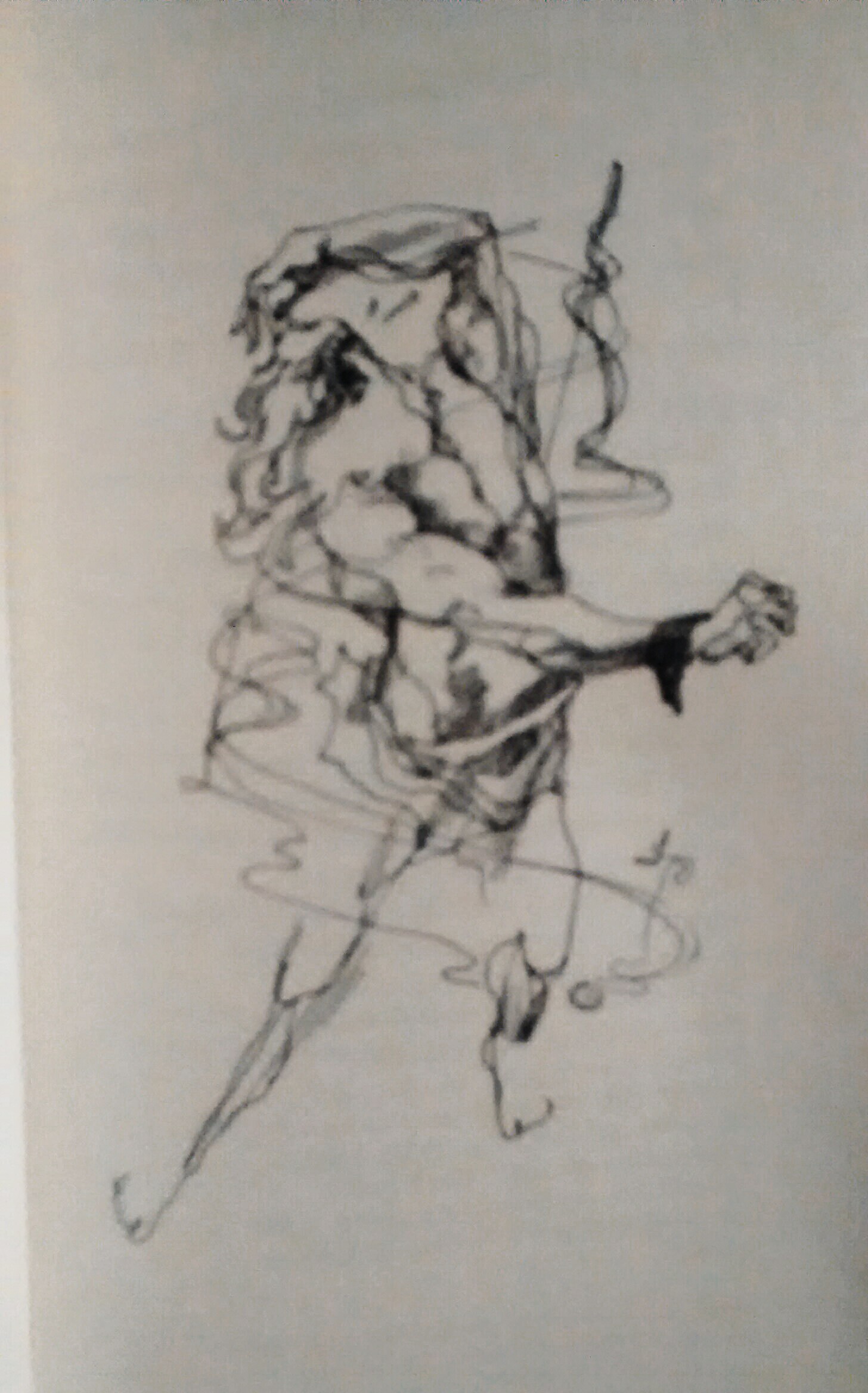“How did you manage to make them cherish all this nothingness?” he asked the World Hater.
“I simply make them feel embarrassed to admit that they are incomplete. A man would rather close his eyes than see himself as your Father-Spirit does. I teach them to exalt their emptiness and thus preserve the dignity of man.”
“They need the dignity of God “
“You tell them that. I sell a cheaper product.”
When Dr Calvin Miller – pastor, author, poet and evangelist – died in 2012, Ed Stetzer said of him in Christianity Today that “Dr. Miller knew the importance of story as well [as evangelism]. A wonderful wordsmith, he would use the element of story in such a way that cold facts and dry doctrine came to life in ways rarely seen”. Poet Luci Shaw, one of the only really talented evangelical poets I’ve come across, said in his lifetime that “Calvin Miller sees with a single eye”, producing literature “full of light”.
His prose poem The Singer may be a little too much of its time (the 1970s) to earn many readers easily today, yet, stumbling on it in the painfully small Literature section of my theological college’s library, I can see the qualities that Stetzer and Shaw praised.
An extended metaphor on the incarnation and mission of Jesus, The Singer boasts some of the most remarkably pithy lines and phrases that I’ve encountered in 20th-century creative religious writing outside Lewis. The Singer, tasked with singing of God’s good creation and calling a broken world to healing, regularly encounters the World Hater, Satan, whose counterfeit song recalls the two songs of Tolkien’s creation narrative in The Silmarillion. As the two figures of the Hater and the Singer travel to teach their different songs, not all are drawn into the purity and healing of the Singer’s eternal song. Even his mother warns against his singing the final verse “against the wall” of the Great Walled City of the Ancient King:
She cried.
“Leave off the final verse and not upon the wall.”
He kissed her.
“I can’t ignore the Father-Spirit’s call. So I will sing it there, and I will sing it all.”
At times, Miller’s allegory is heavy-handed, as allegory often is. And I wish deeply that evangelical authors could see the value in writing fiction that is not allegory. Yet the merit of Miller’s writing is the way it illuminates more than it retells. Not every detail of his story neatly correlates with a Biblical fact, and much of it is more poetic than doctrinal. But, as Stetzer observed, that’s his strength: seeing the value of story, and bringing back the poetry and power of the story in a way that theology often cannot do.
I for one will be looking for more of what Miller wrote in his rich and grace-driven lifetime.
